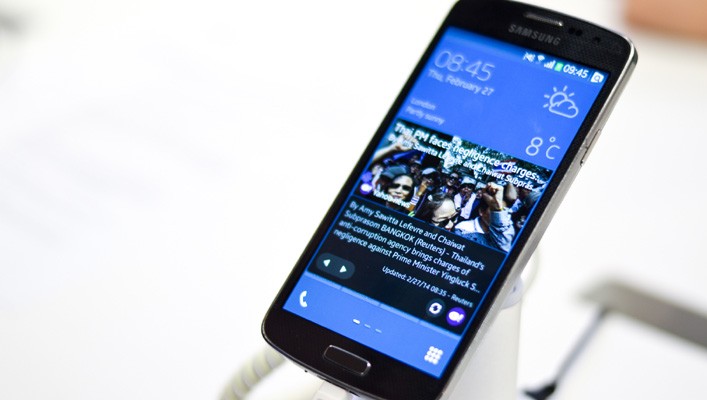Well, who would have thought. I mean sure, Google faces its share of antritrust probes and regulatory violations but this? The South Korean Fair Trade Commission has launched an investigation to ascertain if Google in fact hampered Samsung’s development of its very own, homegrown smartphone platform Tizen.
Tizen, it should be remembered, is an open source, standards-based software platform for multiple device categories, including smartphones, tablets, smart TVs etc. Tizen rose to prominence and had some initial success after Samsung’s Tizen running smartphones, which however, failed to generate particular public interest after the initial days.
At the center of the investigation is an anti-fragmentation agreement between Google and partner Samsung. Apparently, Samsung agreed to not fork android in the process of developing its own operating system. While this would be kind of okay if it was iOS we had within our sights, Android is open source. Indeed,companies like Amazonand Xiaomi have built their own respective OS using the Android Open Source Project.
FTC said that the agreement could have forced Samsung to take a reserved approach with regards to Tizen. Obviously, Google wouldn’t have liked to let go of the largest Android smartphone manufacturer the world. FTC is also investigating if the reports that indicate that Google’s alleged involement also forced Samsung to develop Tizen as a platform uncompatible with the Android App Catalog.
FTC has also reopened another antitrust case wherein, Google’s Mobile Application Distribution Agreement was considered. MADA requires users of the commercial Android to deploy Google services jn prominence upon their devices. FTC’s investigation from 2013 was to consider whether or not Google’s involvement led to a smothering of competition — for instance, search platforms like Naver. The organization is.now lookong into that case as well.
Meanwhile, Google is not new to antitrust regulations and has faced scrutiny and even received warnings in markets like US, Russia, Europe and now South Korea. The company has also been found guilty of violating antitrust protection in Russia and Europe and stands to face heavy fines.
